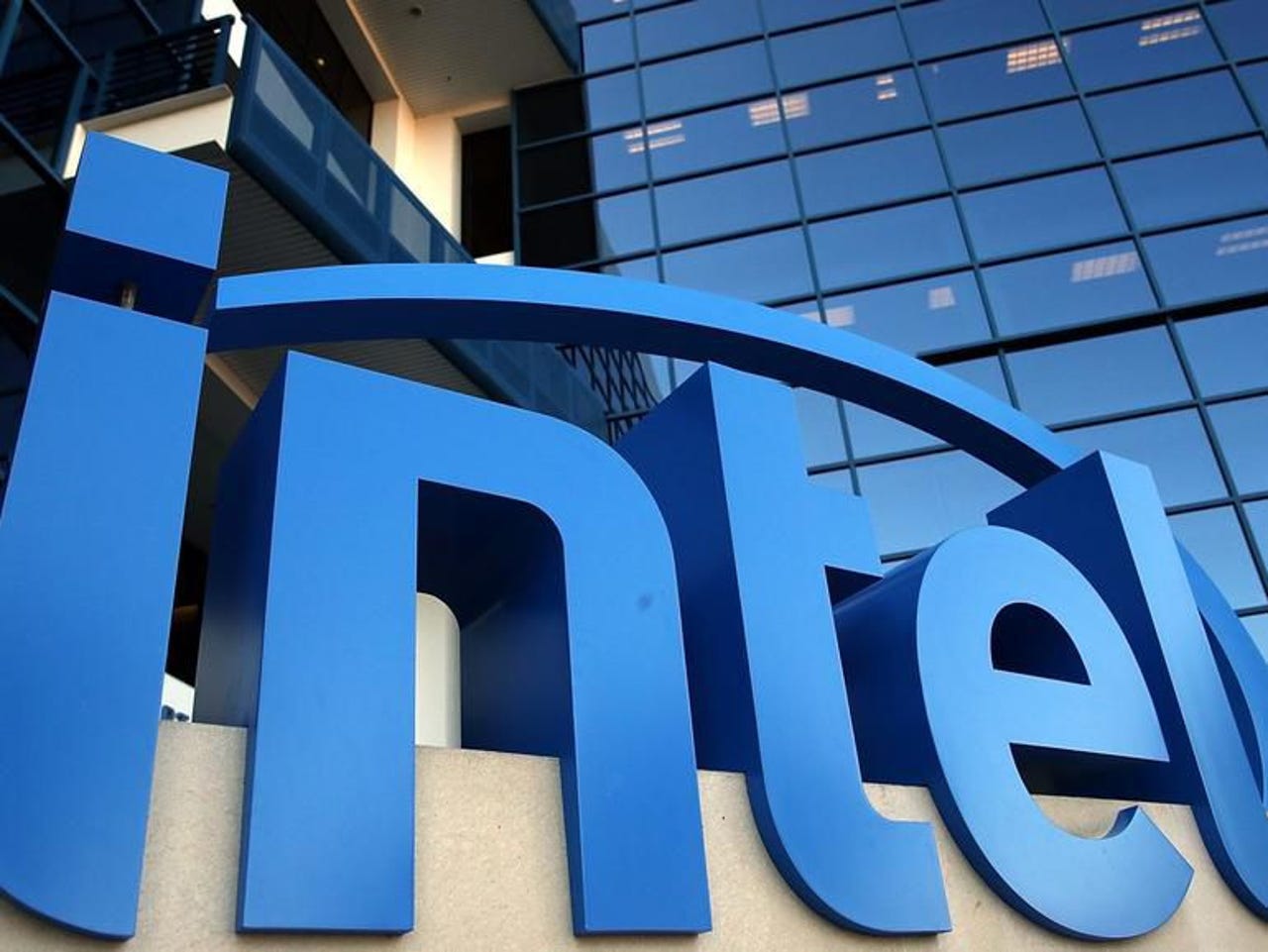Intel Core i9: It's not whether you need 12 cores, but whether you'll pay for them

A leaked slide suggests that Intel is gearing up to release a 12-core desktop processor as part of a new Core i9 release.
But does anyone really need 12 cores on the desktop? Or, more importantly, will people pay for 12 cores?
See also: Microsoft should have left Windows XP to rot and die
Here's what the leaked line-up is rumored to look like:
| CPU | i9-7800X | i9-7820X | i9-7900X | i9-7920X |
| Cores/Threads | 6/12 | 8/16 | 10/20 | 12/24 |
| Base clock (GHz) | 3.5 | 3.6 | 3.3 | n/a |
| Boost clock (GHz) | 4.0 | 4.5 | 4.5 | n/a |
| L3 cache (MB) | 8.25 | 11 | 13.75 | 16.5 |
| TDP (watts) | 140 | 140 | 160 | 160 |
Featured
As you can probably tell, we're looking at high-end chips here, aimed at workstations, and gamers who have crazy budgets. We're also seeing what is likely to be the first shot across the bow of AMD's newly-released Ryzen chips.
Now the geek in me wants to start comparing AMD's current processor line-up to the information in this leak and start extrapolating and making wild conclusions. But the analytical part of me is putting the breaks on that. After all, comparing silicon that's out and in PCs to a slide made in PowerPoint. There's a big difference there, and we know that AMD has plans that go beyond the current Ryzen line-up because the company has already made that clear.
But we can ask a serious question, and that's whether we actually need 12-core processors in desktops? After all, modern operating systems and applications don't do a particularly good job of leveraging much above four cores. Don't get me wrong, there are situations where "more cores means better," but you have to know when you're spending money on cores wisely, and when you're just throwing money at silicon that you're not really going to leverage.
So if Intel can push 12-core i9 processors out the door before the end of the year -- the leak suggests they could land as early as August -- then we have a great chip for workstations and gamers who have deep pockets.
Sure, it's niche, but still an important market to cater for.
And the leaked slide suggests that the Core i9 will have more going for it that just more cores and more speed.
The 44 PCIe lanes on the higher-end i9s opens up the way for systems to have more flexibility by including more M.2 slots for high-performance storage and more lanes for PCIe slots (and expansion to three and four graphics cards). 44 lanes is a huge increase over the 16 lanes offered by the Intel i7-7700K, and even the 40 lanes provided by Intel's monster $1,650 i7-6950X (AMD's Ryzen chips have 24 PCIe lanes).
Robotics
Those extra lanes will make a difference, but only those pushing the limits of the current envelope -- and spending serious money -- will see the benefit.
Another point of note is TDP (Thermal Design Power), which is a measure of the amount of heat generated by the chip that the cooling system will have to deal with. 140 watts is a lot of heat to get rid of, especially compared to the 95 watts generated by the high-end Ryzen. But the watts per core generated by the rumored Intel 12-core i9 doesn't seem too bad when you consider that the top Ryzen is an 8-core chip.
But it still leaves the subject of pricing, and the inescapable fact that Intel chips are expensive. Intel's 10-core i7-6590X is an eye-watering $1,650, and no matter how you cut it, that's a lot of money.
That's where the i9 might hit a speed bump. After all, PCs aren't really flying off the shelves, and buyers are more price sensitive than ever. While we'd all love to have 12 cores at our disposal, not many will be willing to spend over a thousand dollars on just the silicon.
And that's the edge that AMD currently has over Intel -- silicon at a price point that people are willing to pay.
Build a high-performance AMD Ryzen 7 PC
See also:
- AMD is making PCs and servers exciting again
- Apple selling outdated 32-bit iOS apps that will soon stop working
- Is it time for high-end pros to dump the Mac?
- How to securely erase hard drives (HDDs) and solid state drives (SSDs)
- Hidden iOS 10.3 feature highlights apps that will soon become obsolete
- How does Intel see AI changing the future of enterprise IT? (TechRepublic)
